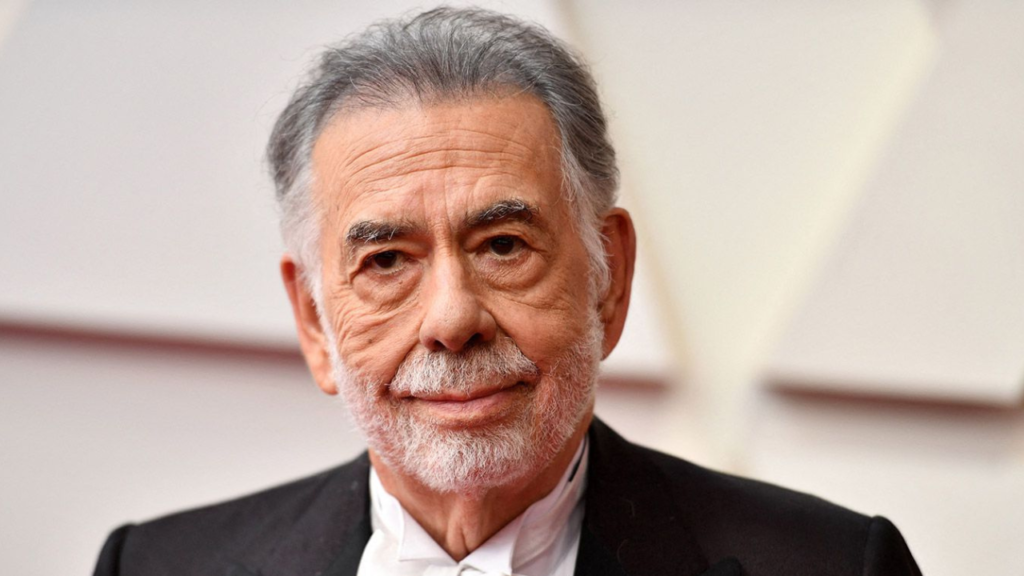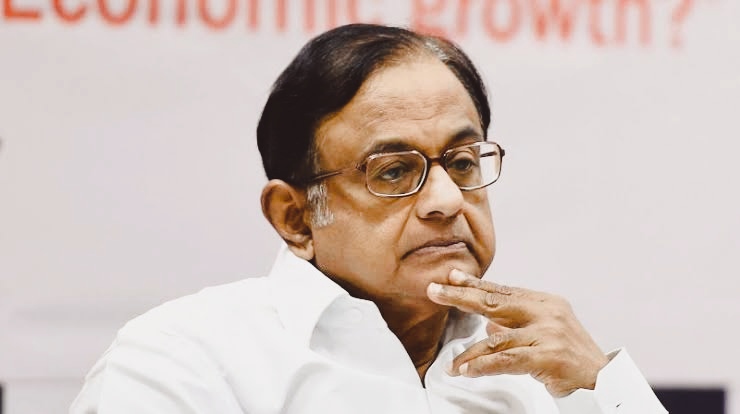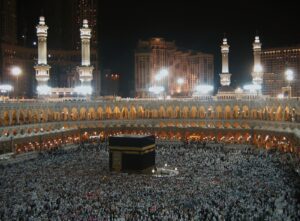Francis Ford Coppola, a name synonymous with cinematic excellence, has left an indelible mark on the world of filmmaking. Born on April 7, 1939, in Detroit, Michigan, Coppola emerged as one of the most influential directors in the history of cinema. With a career spanning over six decades, he has become a maestro, weaving narratives that resonate with audiences across the globe. This article delves into the life and works of Francis Ford Coppola, exploring the brilliance of his films that have stood the test of time.
Early Life and Career:
Coppola’s journey in the film industry began with humble roots. After studying theater at Hofstra University and filmmaking at the UCLA Film School, he quickly rose through the ranks. His directorial debut came with “Dementia 13” (1963), a low-budget horror film that showcased early signs of Coppola’s storytelling prowess.

“The Godfather” Trilogy:
Coppola’s magnum opus, “The Godfather” trilogy, remains a cornerstone of cinematic history. The first installment, released in 1972, is often hailed as one of the greatest films ever made. Adapted from Mario Puzo’s novel, the film follows the powerful Corleone family and their patriarch, Vito Corleone, brilliantly portrayed by Marlon Brando. Coppola’s meticulous direction and storytelling prowess turned “The Godfather” into a cultural phenomenon, earning him the Academy Award for Best Adapted Screenplay.
The success of the first film paved the way for “The Godfather Part II” (1974), a rare sequel that many argue surpasses the original. Here, Coppola expertly juxtaposes the rise of Vito Corleone with the descent of his son, Michael, portrayed by Al Pacino. The film received critical acclaim and marked Coppola’s second consecutive Academy Award for Best Director.
Although the final installment, “The Godfather Part III” (1990), didn’t reach the same heights as its predecessors, it concluded the epic saga of the Corleone family. Coppola’s ability to craft a compelling narrative across three films is a testament to his genius as a filmmaker.
“Apocalypse Now”:
Coppola’s venture into the war genre resulted in another cinematic masterpiece, “Apocalypse Now” (1979). Loosely based on Joseph Conrad’s “Heart of Darkness,” the film explores the insanity of the Vietnam War through the eyes of Captain Benjamin Willard, played by Martin Sheen. The production of “Apocalypse Now” was plagued with challenges, including a typhoon that destroyed sets and Martin Sheen suffering a heart attack during filming. However, Coppola’s determination and vision prevailed, resulting in a film that won the Palme d’Or at the Cannes Film Festival.
“Apocalypse Now” is a cinematic journey that delves into the heart of darkness both within the jungle and the human soul. The film’s surreal visuals, coupled with a haunting score and compelling performances, make it a timeless exploration of the horrors of war and the human psyche.
“The Conversation”:
Coppola’s versatility is evident in “The Conversation” (1974), a psychological thriller that presents a stark departure from his more grandiose works. Starring Gene Hackman as Harry Caul, a surveillance expert, the film explores themes of privacy, guilt, and the consequences of one’s actions. The film received widespread acclaim for its taut screenplay and Hackman’s nuanced performance, earning Coppola his first Palme d’Or nomination at Cannes.
Later Career and Legacy:
Coppola’s later career includes a mix of successes and challenges, but his impact on cinema remains undeniable. “Bram Stoker’s Dracula” (1992) showcased his ability to tackle diverse genres, earning three Academy Awards for its art direction, costume design, and makeup. “The Rainmaker” (1997) demonstrated his skill in adapting literature to the screen, bringing John Grisham’s legal drama to life.
In addition to his achievements as a director, Coppola has played a pivotal role in the success of American Zoetrope, the independent film studio he co-founded with George Lucas. His influence extends beyond his own films, as he has mentored and inspired a new generation of filmmakers.
Conclusion:
Francis Ford Coppola’s contributions to cinema have left an enduring legacy. From the captivating saga of “The Godfather” trilogy to the harrowing journey of “Apocalypse Now” and the intimate exploration in “The Conversation,” Coppola’s films continue to captivate audiences and influence filmmakers worldwide. His ability to transcend genres and deliver narratives that resonate on a profound level underscores his status as a cinematic maestro. As we reflect on the remarkable career of Francis Ford Coppola, it becomes evident that his films are not merely slices of entertainment but timeless works of art that have enriched the cultural tapestry of cinema.





